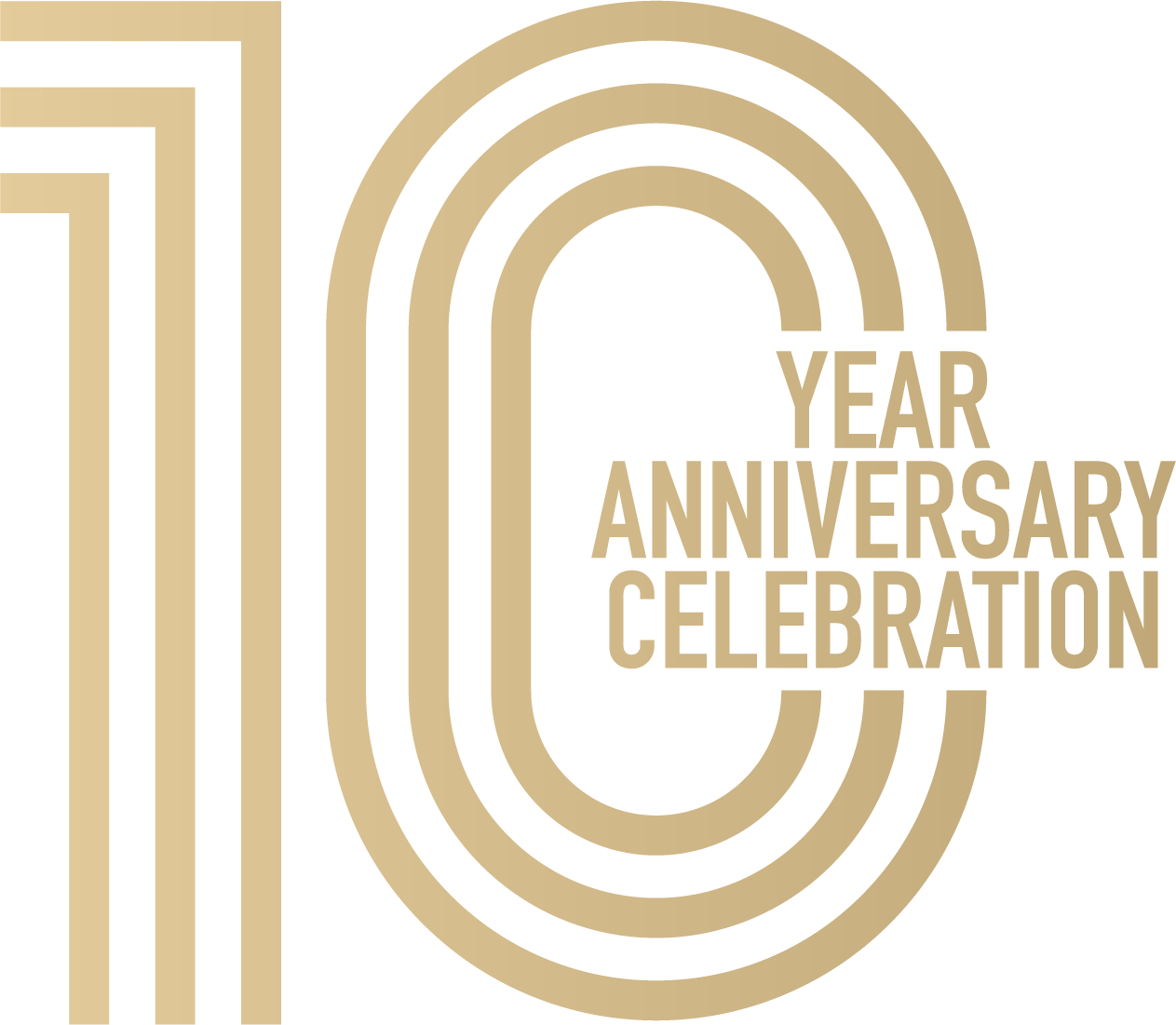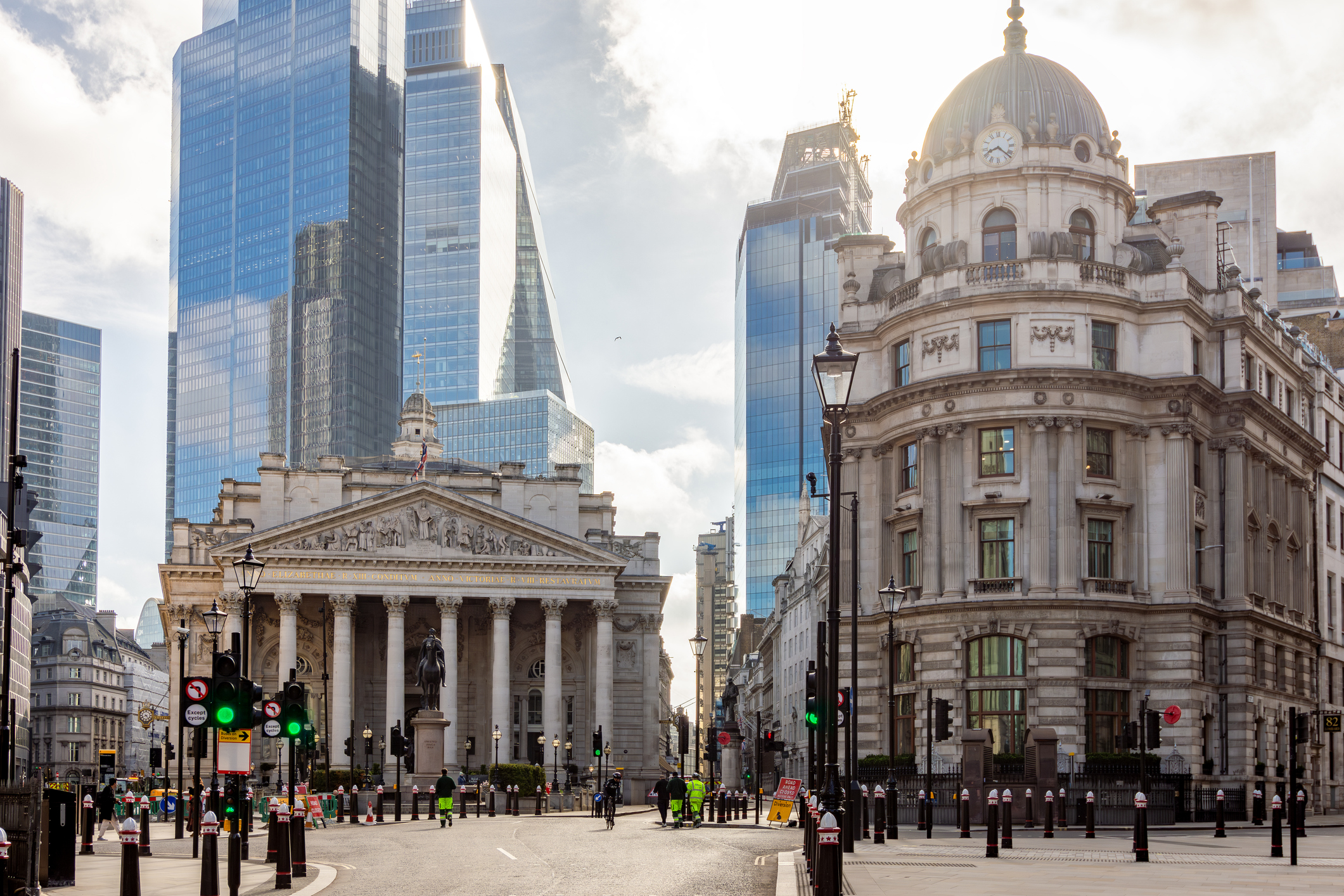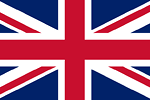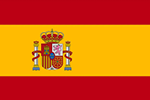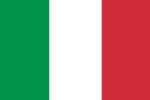🇬🇧 United Kingdom
It’s been a rollercoaster week in the UK, with tragedy, rising bills, and political unease all in the mix.
The week began on a sombre note when a helicopter crashed near Shanklin on the Isle of Wight during a training flight on 25 August, killing three people, including the instructor. The news cast a shadow across the start of the week.
Households were dealt another blow when it was confirmed that energy prices will climb again from October by 2%, piling extra pressure on families already grappling with rising food costs. And food isn’t getting any cheaper – inflation on staples like eggs, butter and chocolate pushed grocery price growth to 4.2%, the sharpest rise in nearly a year and a half.
By Friday, attention shifted to the City, where UK bank shares tumbled after talk of a potential windfall tax to help plug a £20 billion budget gap. NatWest, Barclays and Lloyds lost billions in market value in just one trading session – investors clearly braced for tougher government intervention.
On the foreign policy front, London again took aim at Moscow, condemning Russian strikes on Kyiv that killed at least 19 civilians, including children. The message from the Foreign Office was blunt: the “senseless killing” must stop.
All in all, it was a week that highlighted the UK’s tough balancing act – facing hard choices at home while staying vocal abroad.
🇺🇸 United States
It was a big week for America, with markets cheering, politics rumbling, and the Fed once again stealing the spotlight.
The mood shifted after Jerome Powell’s Jackson Hole speech, where the Fed Chair finally gave a clearer nod towards rate cuts. Traders now reckon a September cut is firmly on the table, and markets reacted fast – bond yields dropped, the dollar jumped, and Wall Street perked up.
Stocks loved the news, but not all equally. Small-cap shares roared ahead, with the Russell 2000 up over 7% in August, far outpacing the Nasdaq’s 1.5% rise. Investors clearly see rate cuts as a lifeline for smaller firms that rely on borrowing, while cash-rich tech giants didn’t get quite the same boost.
Still, the economic backdrop wasn’t all sunshine. Consumer confidence slipped, falling to 97.4 in August, and the latest jobs data showed only 73,000 new positions added in July – well below expectations. Unemployment ticked up to 4.2%, raising fresh questions about the strength of the recovery.
And then, politics made its presence felt. President Trump fired Fed Governor Lisa Cook mid-week, raising alarms about central bank independence. The move came as he continued to ramp up pressure on the Fed – a reminder that Powell’s balancing act isn’t just economic, but deeply political too.
By Thursday, Wall Street was back in celebration mode. The U.S. economy posted 3.3% GDP growth in Q2, beating expectations thanks to strong consumer spending and hefty investment in AI. The S&P 500 even brushed new record highs, though traders are still cautious ahead of Nvidia’s earnings – a potential make-or-break moment for the AI boom.
All told, it was a week that mixed optimism with unease: the Fed edging closer to cuts, stocks hitting highs, but cracks showing in jobs and consumer confidence – all under the cloud of political drama.
🇪🇺 Europe
European banks have seen widespread unauthorised direct debits from PayPal accounts, the German Savings Banks Association (DSGV) says. The German newspaper Sueddeutsche Zeitung (SZ) says payments worth in the region of 10 billion euros (£8.6bn) have had to be blocked, after PayPal’s fraud-checking system failed. It said payments were paused on Monday when lenders reported millions of suspicious direct debits from the payment firm.
The DSGV confirmed there had been “incidents involving unauthorised direct debits initiated by PayPal against various credit institutions”.
France is on the brink of another political crisis, after Prime Minister François Bayrou’s shock decision to submit his government to a vote of confidence in parliament. The chances of his winning the vote in a special session of the National Assembly on September 8 being extremely slim, the prime minister’s days in office look numbered.
If the vote is lost, Bayrou will be expected to resign, leaving France once again rudderless at a time of immense economic, social and geopolitical uncertainty.
Europe spent the week trying to steer a steady course between Washington and Beijing. Trade talks with the U.S. are still tricky, with tariffs and tech rules on the table. The EU knows it needs access to U.S. markets but is keen to avoid being caught in a tug-of-war.
The mood in Europe? Nervous. The continent is juggling economic diplomacy abroad and political uncertainty at home.
🇨🇳 China
All eyes turned east as Indian Prime Minister Narendra Modi visited China for the first time in seven years. The timing wasn’t random – the U.S. had just slapped fresh tariffs on Indian exports over its purchases of Russian oil. Modi’s trip to the Shanghai Cooperation Organisation Summit underscored Delhi’s push to broaden alliances, with Beijing and Moscow happy to oblige.
For China, the summit was another chance to show its geopolitical clout. Beyond diplomacy, Beijing’s control over rare earths kept resurfacing as a long-term lever. Western industries know they’re still heavily dependent on Chinese supply, even as the EU talks big about “critical raw materials” independence.
This was a week that reminded everyone: if you want to play the resource game, China still holds the cards.
🪙 Metals (Gold & Copper)
Gold traders kept one eye on inflation and another on the Fed. Powell’s cautious tone at Jackson Hole left bullion supported, with investors still seeing gold as a safe hedge against both sticky inflation and geopolitical risk.
Copper, meanwhile, remains driven by the push-and-pull of industrial demand and tariff tensions. Supply fears have kept a floor under prices, but growth uncertainty weighs on the upside.
It’s a waiting game for now, with both metals sitting at the intersection of politics, inflation, and global trade.
🛢 Oil
You’d think with all the geopolitical drama, oil would be surging. But no – the market’s more worried about oversupply than conflict. Rising OPEC+ production and stronger non-OPEC output are pressuring prices, even as risks remain in Ukraine and the Middle East.
Brent is currently trading around the $67 mark, with WTI around the $64 mark. Analysts expect the softness to linger into year-end, with hopes of a rebound in 2026 if demand firms up.
For now, oil traders are caught between a glut and a hard place.
✍️ Takeaway
This week felt like a tug-of-war:
- The UK and US doubled down on Ukraine support, but both face domestic strains.
- Europe is caught between trade diplomacy and monetary politics.
- China quietly tightened its grip on resources and regional influence.
- Commodities split. oil under pressure, gold holding steady, copper waiting for clarity.
Markets hate uncertainty – and right now, there’s plenty of it to go around.
